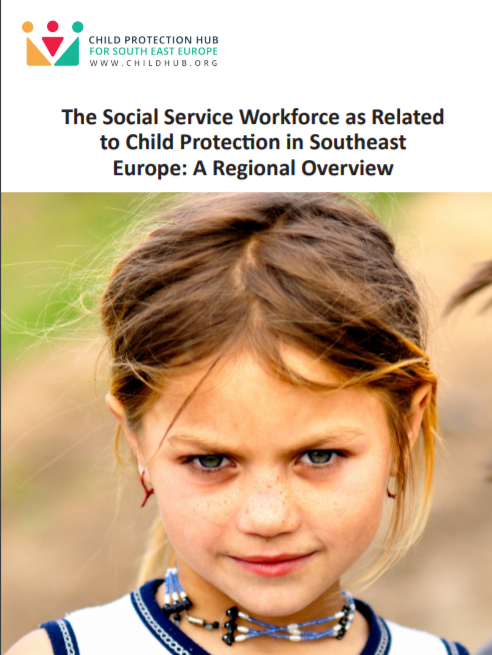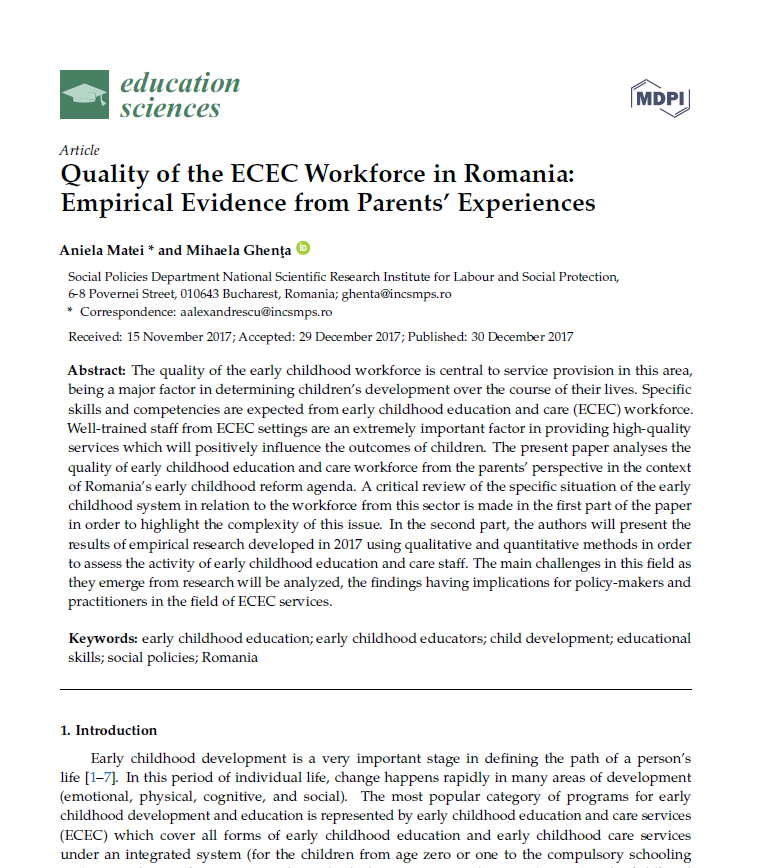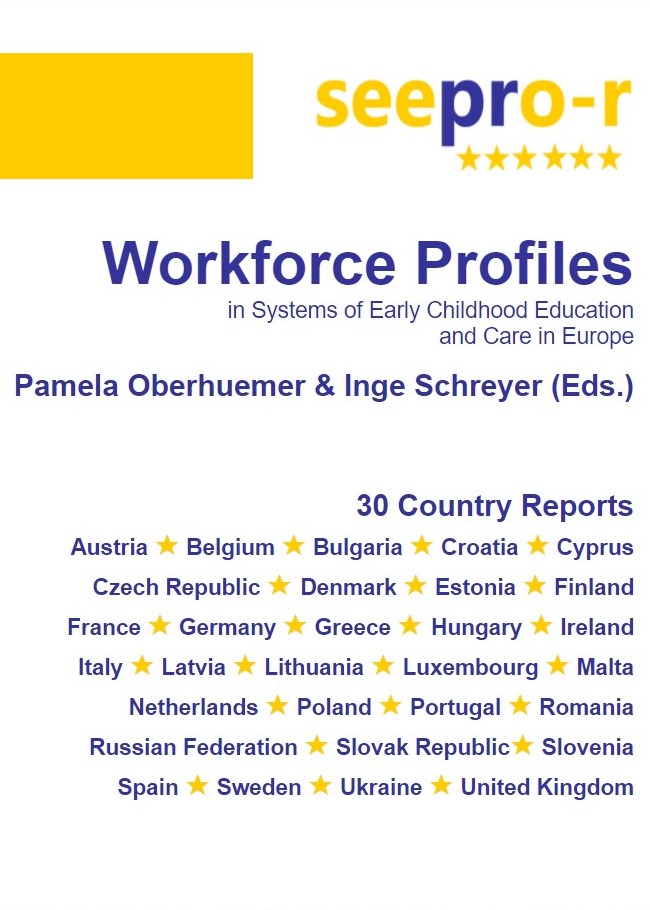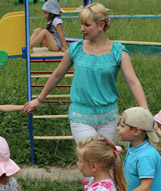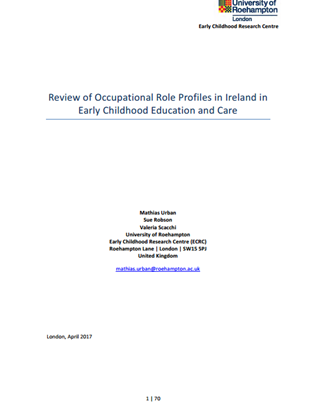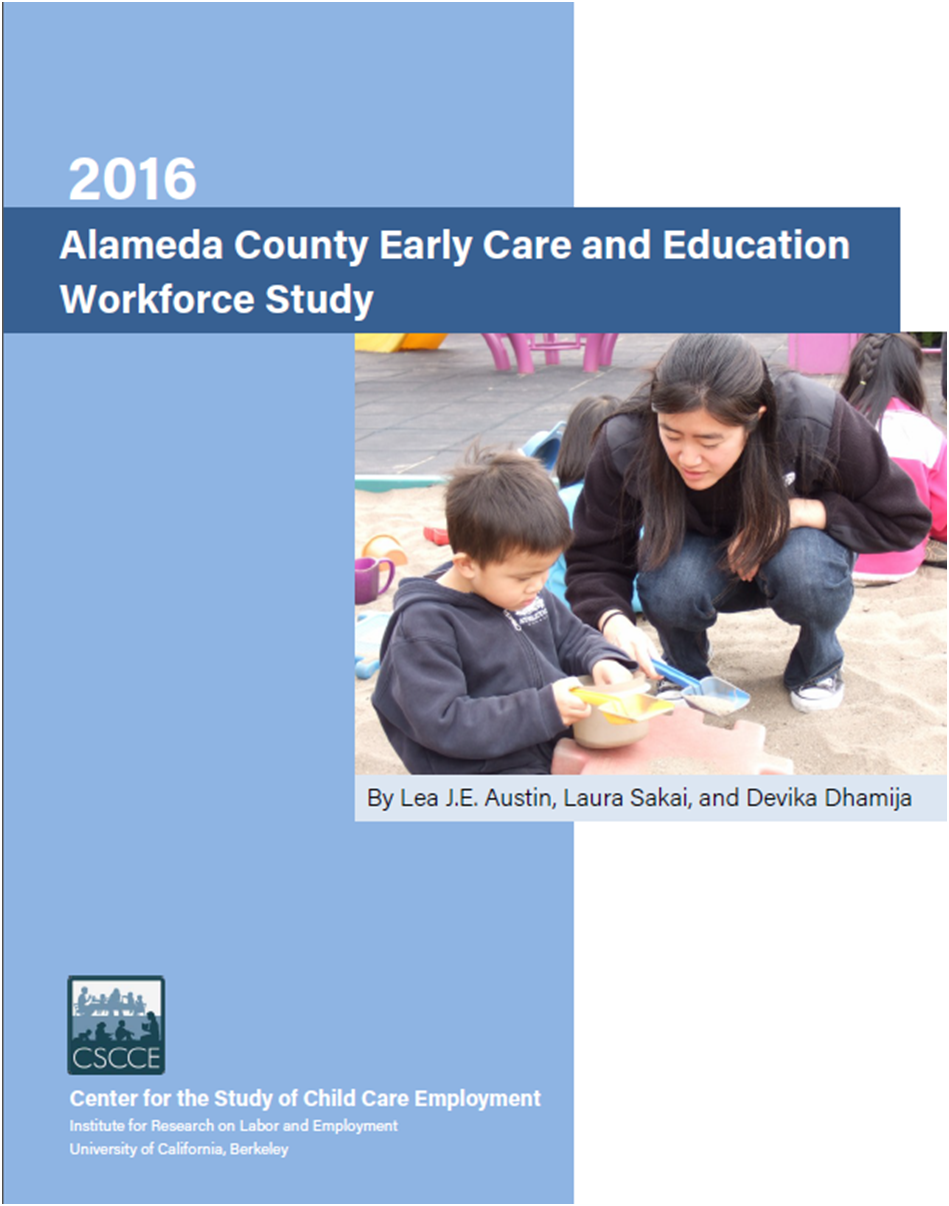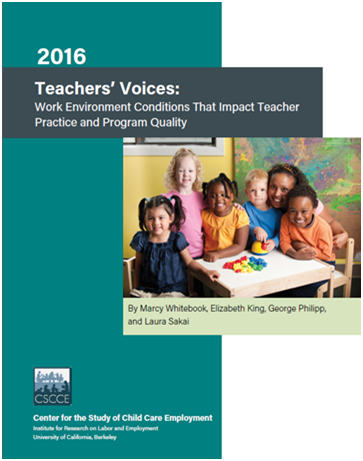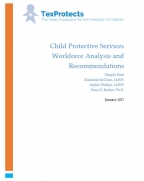The early years workforce: a fragmented picture
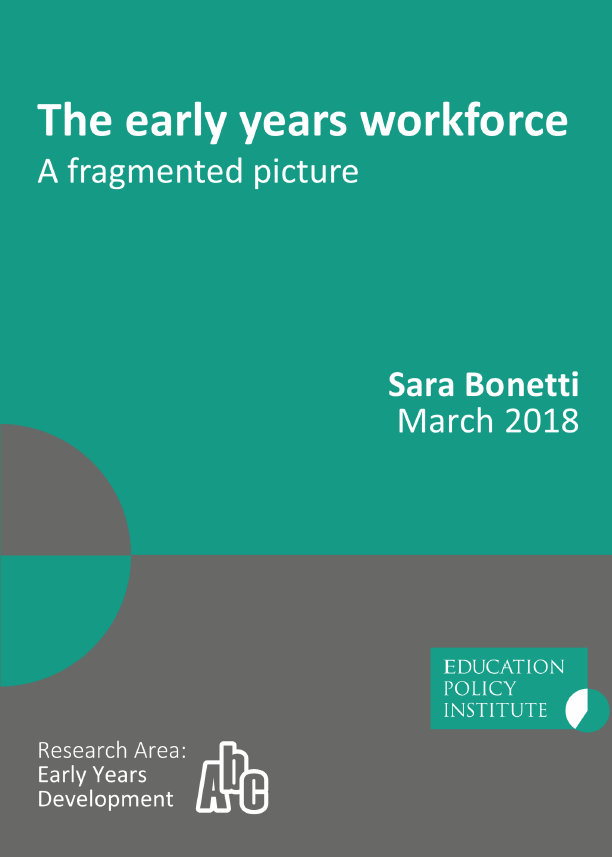
The early years workforce: a fragmented picture, produced by the Education Policy Institute, gathered administrative data about early years providers and staff in England. The aim of this report was to create a clearer picture of the demographics, pay and qualification levels of the early years workforce. Further, the report set out to understand how these characteristics vary across school-based settings, private, voluntary and independent providers and childminders.
This project used readily available, official resources in order to generate new researched questions that require additional analysis. The early years workforce: a fragmented picture provides a glance into early years provision in England, data about the workforce and the implications for children in funded provision.
epi.org.uk


